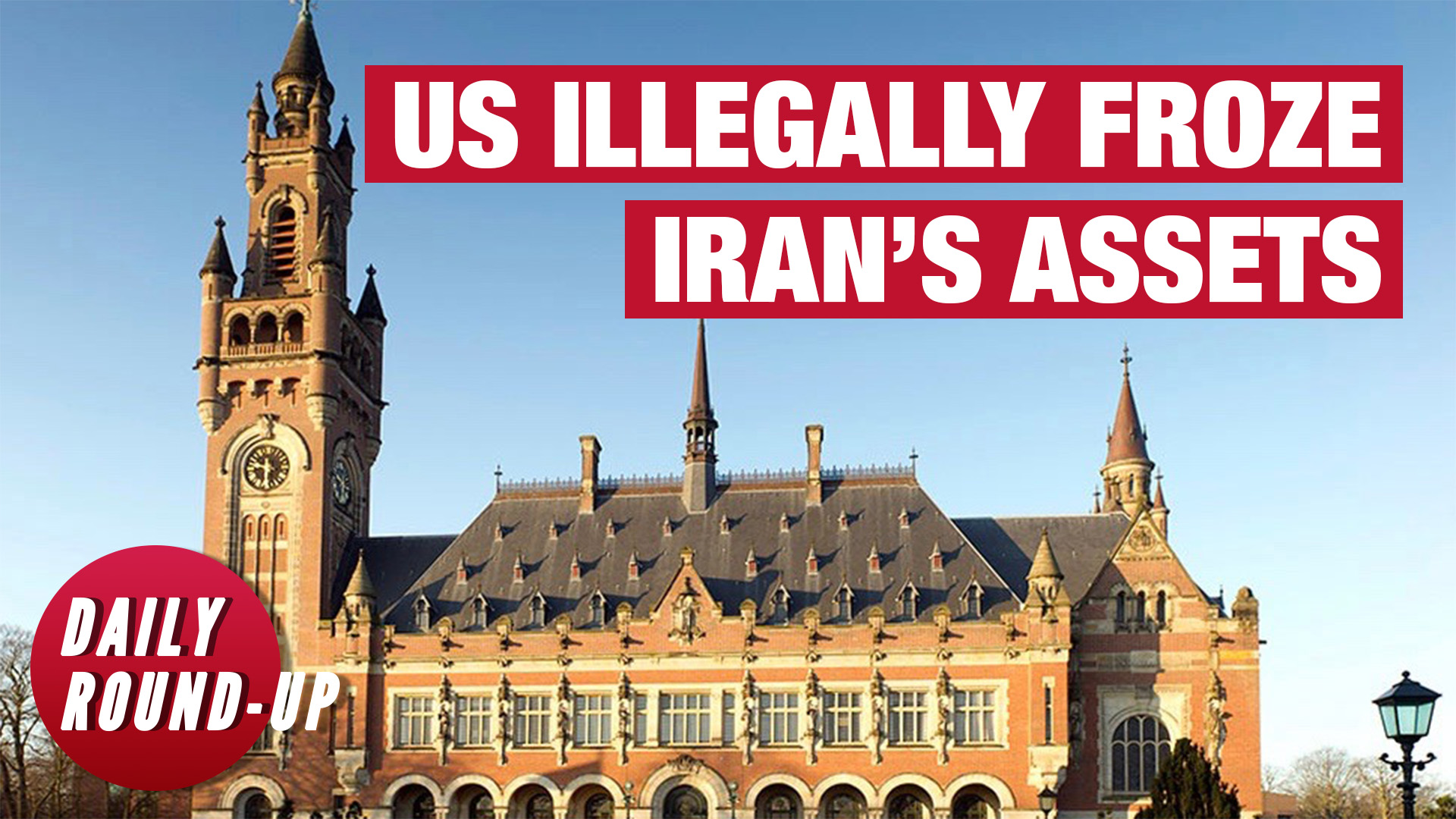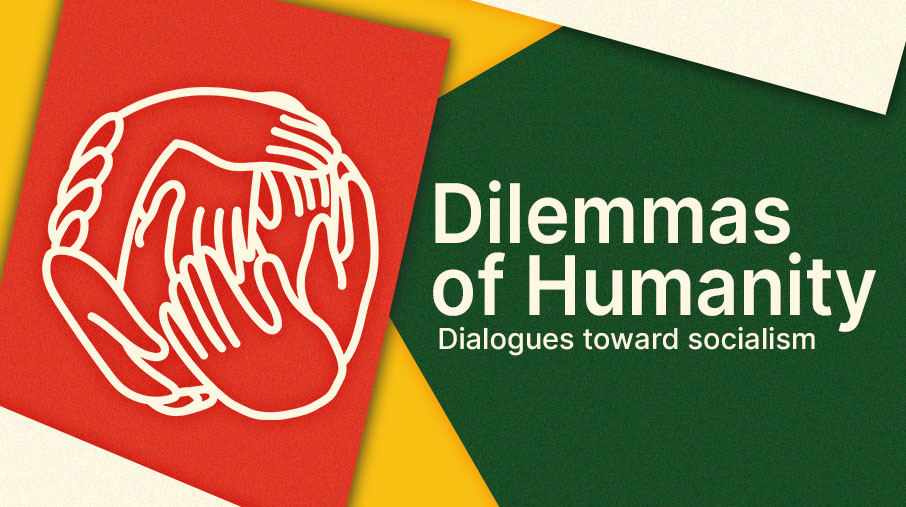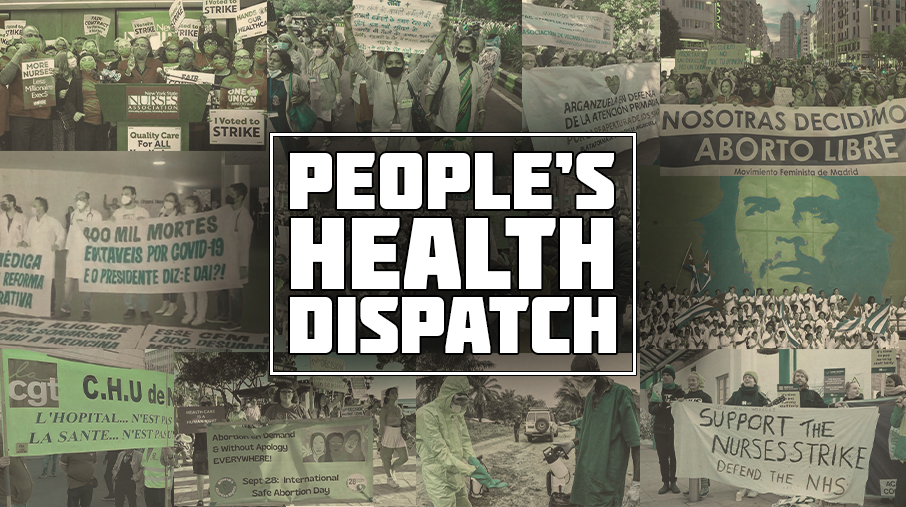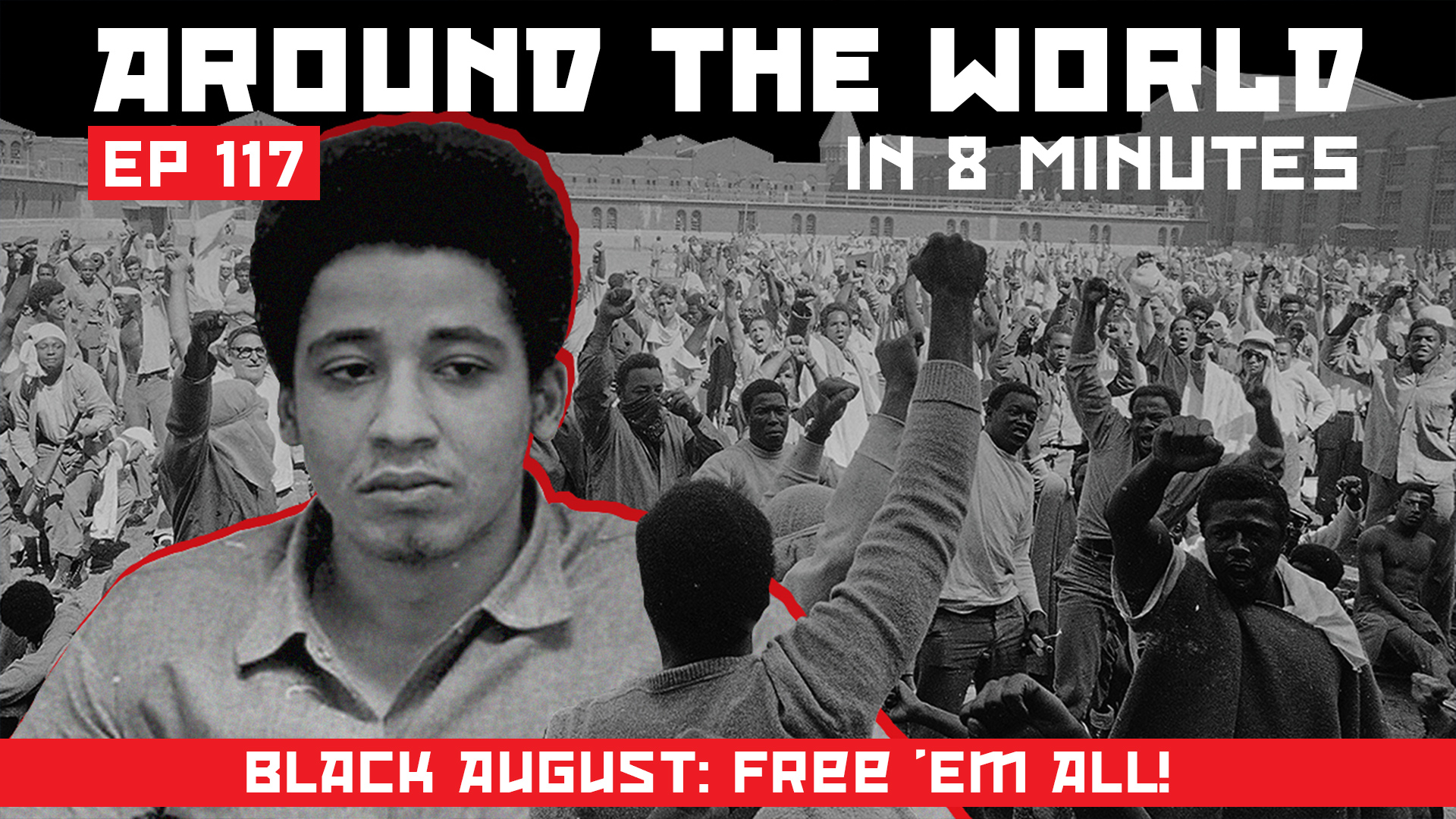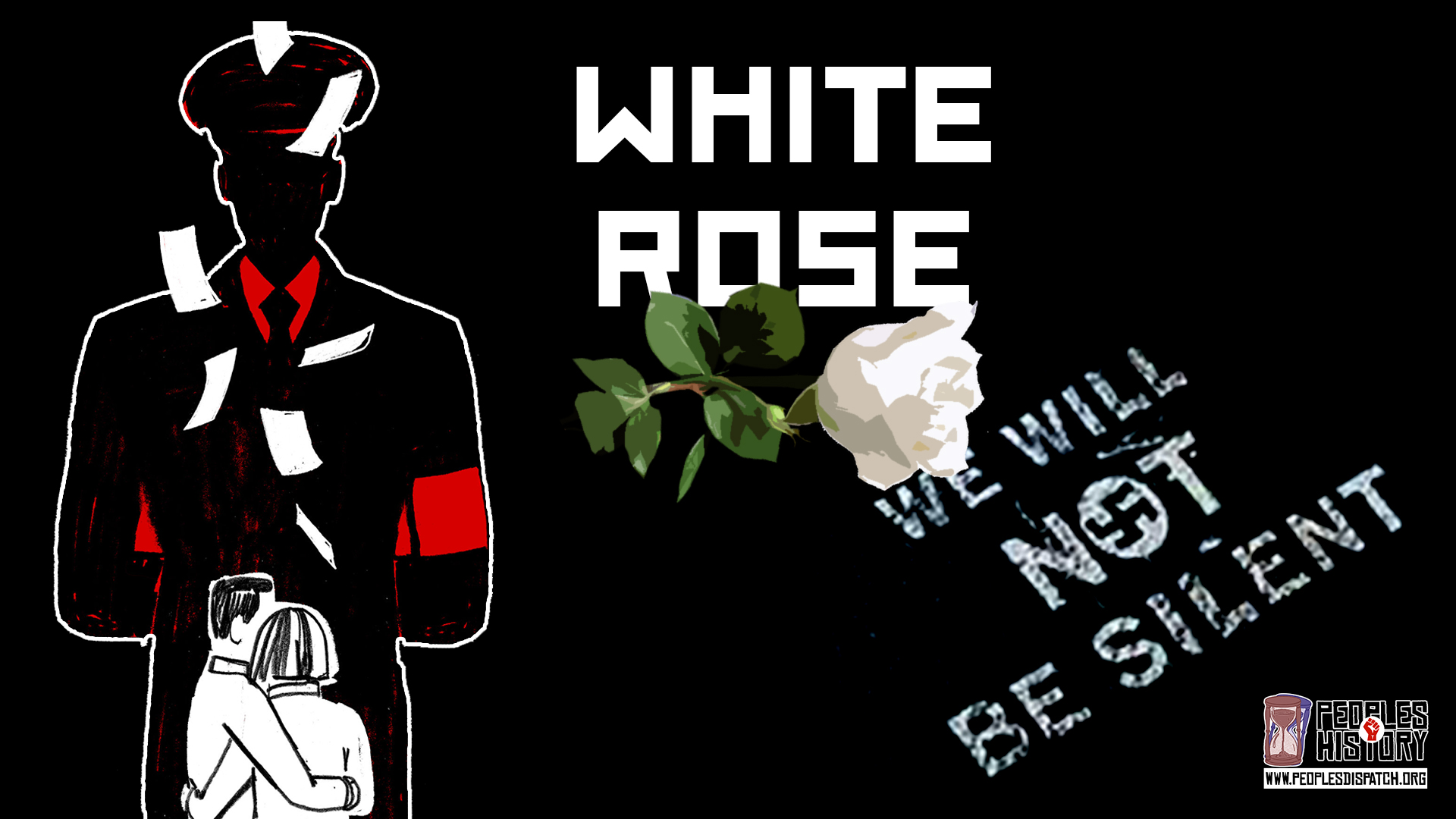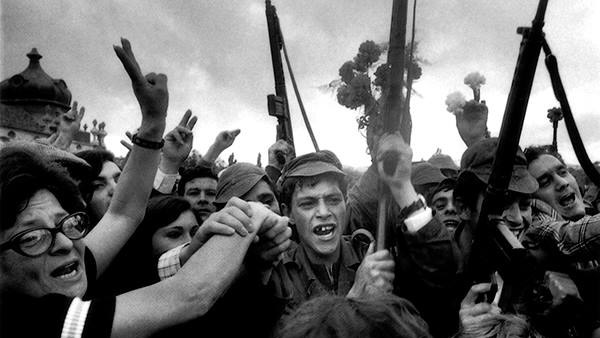 Raquel Varela on Portugal’s Carnation Revolution and the struggle for rights today
Raquel Varela on Portugal’s Carnation Revolution and the struggle for rights today
Raquel Varela speaks to Peoples Dispatch about Portugal’s Carnation Revolution and its legacy in the country’s politics today
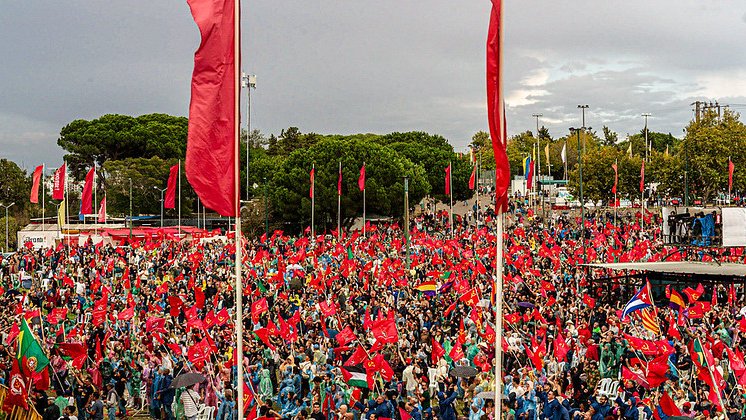 47th Avante Fest concludes in Portugal with a call to advance the legacy of the April Revolution
47th Avante Fest concludes in Portugal with a call to advance the legacy of the April Revolution
The three-day festival witnessed more than 70 debates and discussions over social-political and economic issues. Numerous cultural, and sports events were also part of the annual fest organized by the Portuguese Communist Party (PCP) and its youth
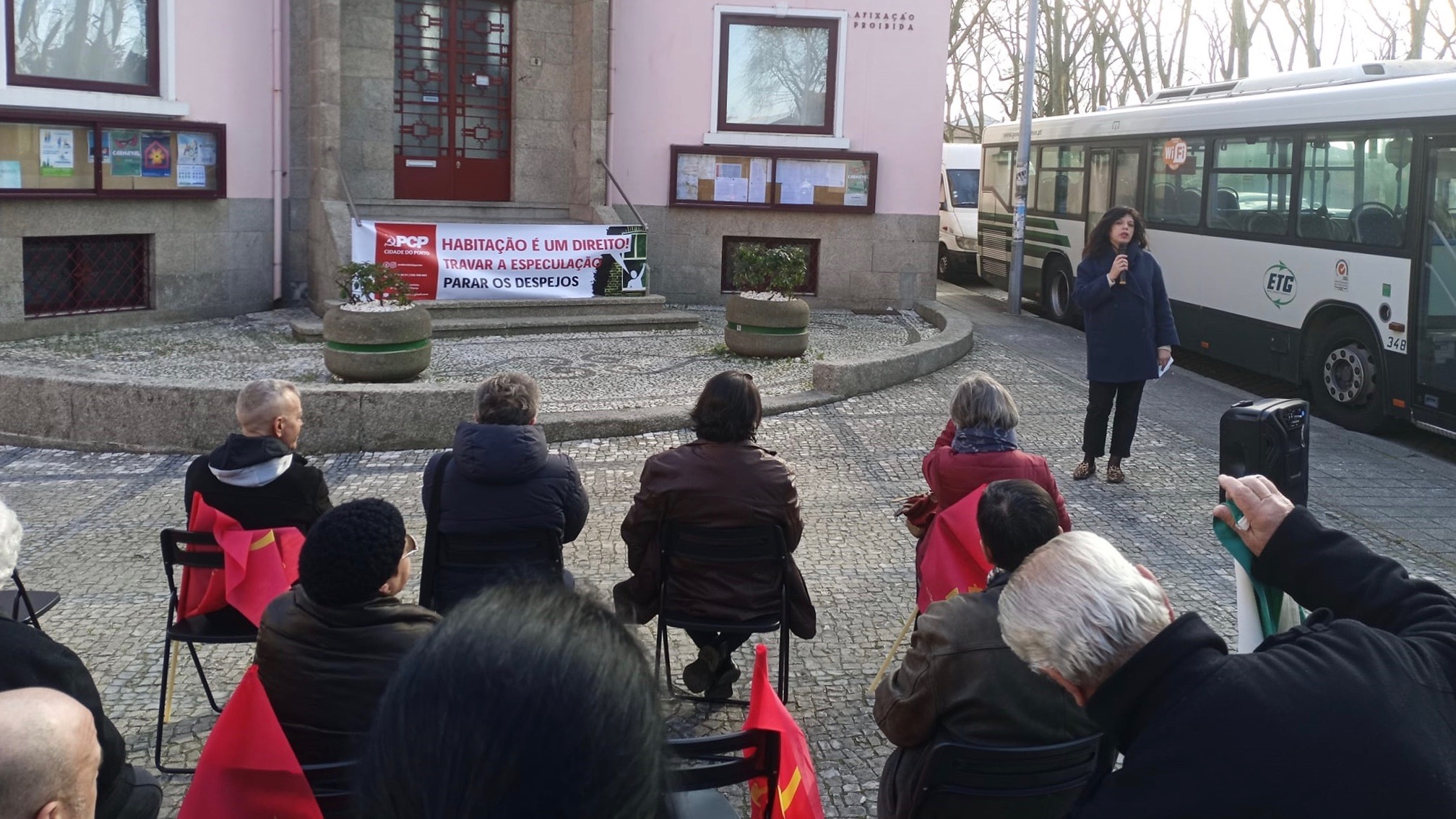 Housing rights groups slam Portuguese government’s inadequate housing reforms
Housing rights groups slam Portuguese government’s inadequate housing reforms
On February 16, the Portuguese government unveiled a new housing plan that includes suspending new licenses for Airbnbs in the country and ending golden visas for international buyers. However, housing rights groups and leftist parties have called out the government’s silence on important issues like social housing, rent freezes, a ban on evictions, speculation by the real estate lobby, and profiteering by rent sharks
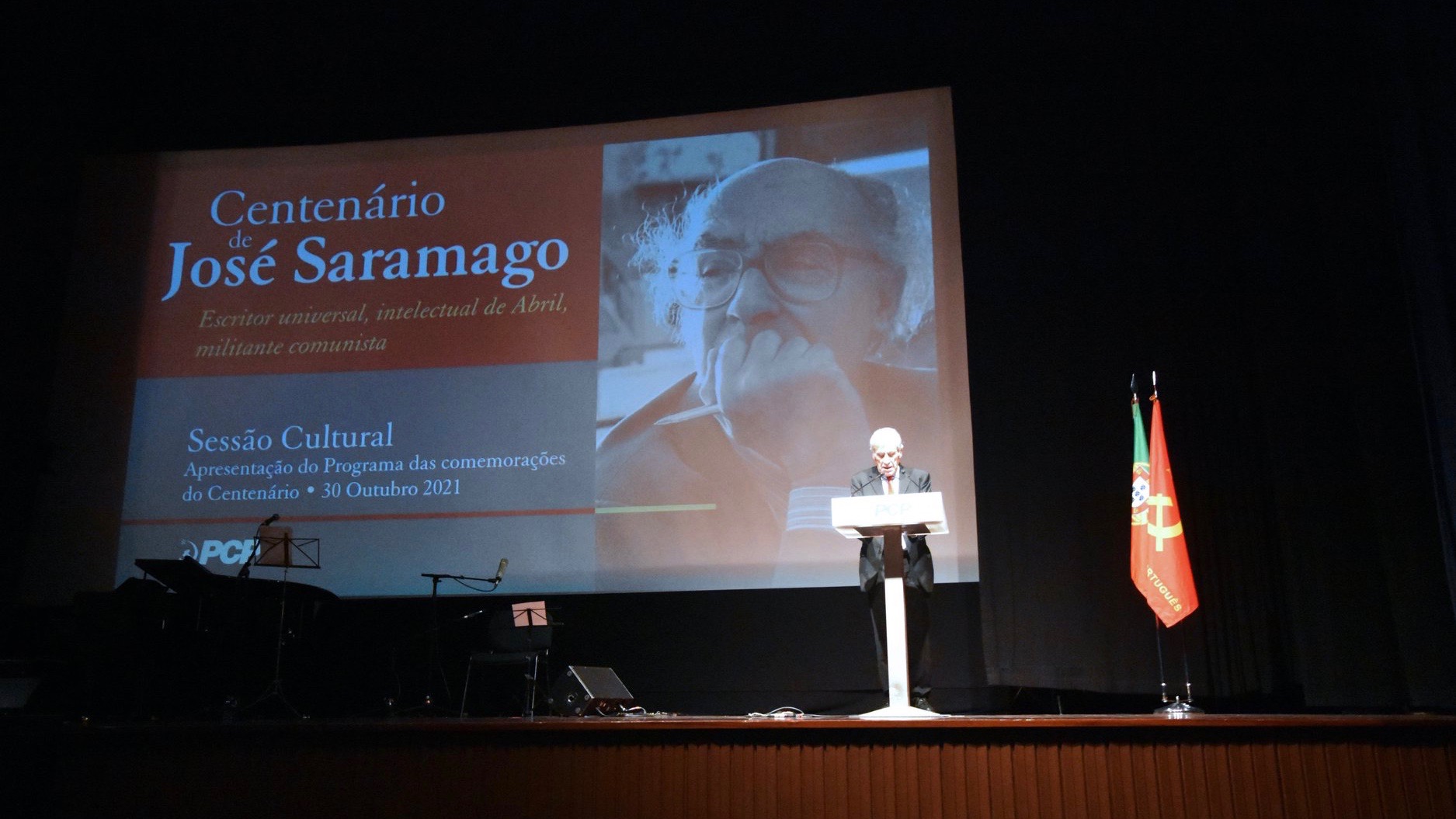 Portuguese communists kickstart celebrations for Jose Saramago’s birth centenary
Portuguese communists kickstart celebrations for Jose Saramago’s birth centenary
November 16, 2022 will mark the hundredth birth anniversary of renowned Portuguese writer and communist Jose Saramago, recipient of the Nobel Prize for literature in 1998
 Portuguese pay tribute to Catarina Eufémia, icon of resistance against Estado Novo regime
Portuguese pay tribute to Catarina Eufémia, icon of resistance against Estado Novo regime
A young harvester from the Alentejo region, Eufémia was murdered by a lieutenant of the National Guard during a protest for higher wages on May 19, 1954 at the age of 26
 “Tell no lies, claim no easy victories”: Remembering Amílcar Cabral
“Tell no lies, claim no easy victories”: Remembering Amílcar Cabral
96 years after the birth of revolutionary Amílcar Cabral, his life, struggle and contributions continue to guide us
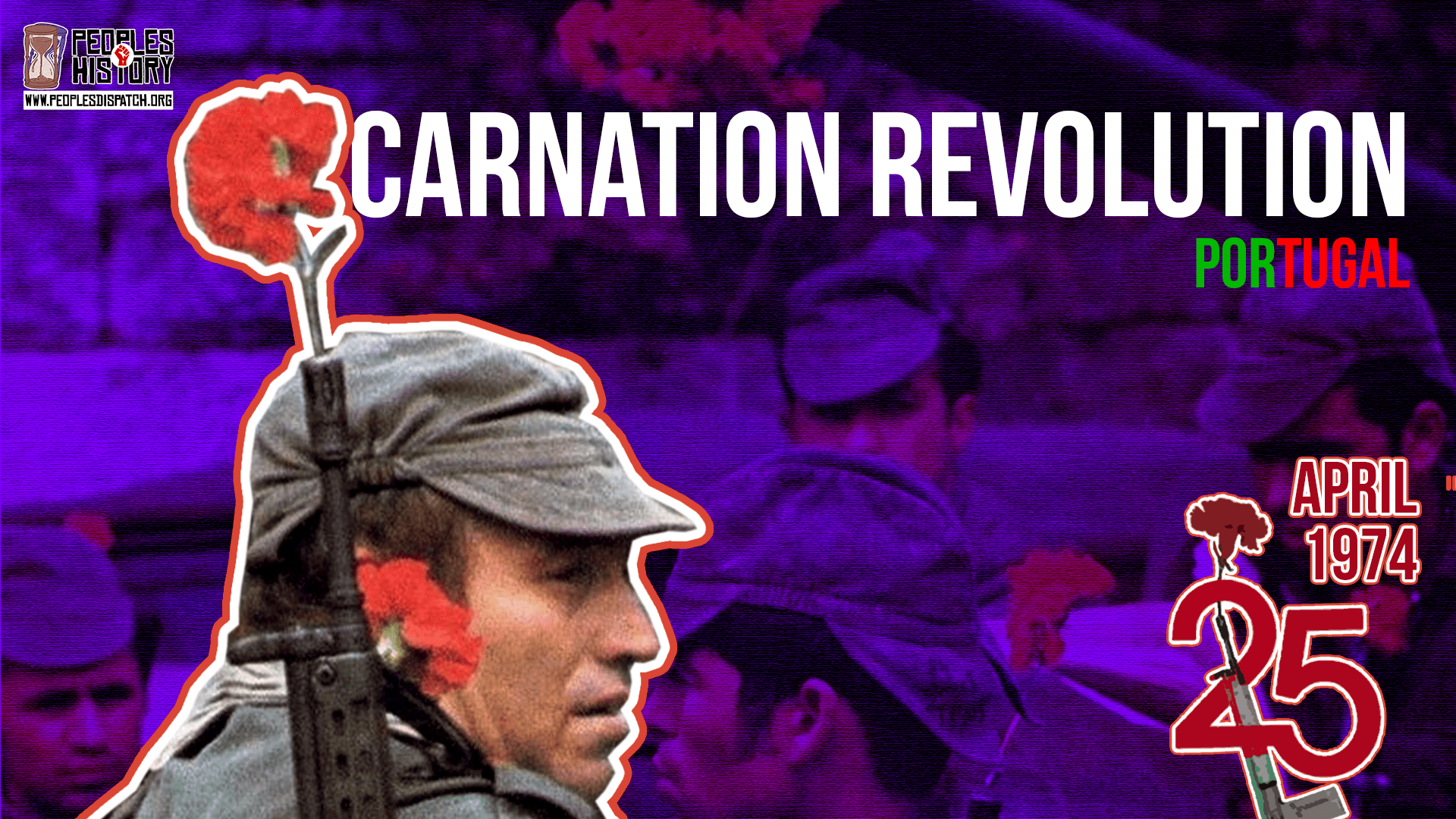 46 years of Carnation Revolution
46 years of Carnation Revolution
The revolution has also immortalized the Portuguese song ‘Grândola, Vila Morena’ written by Zeca Afonso in 1972, based on the theme of fraternity between people of the Portuguese town of Grândola.
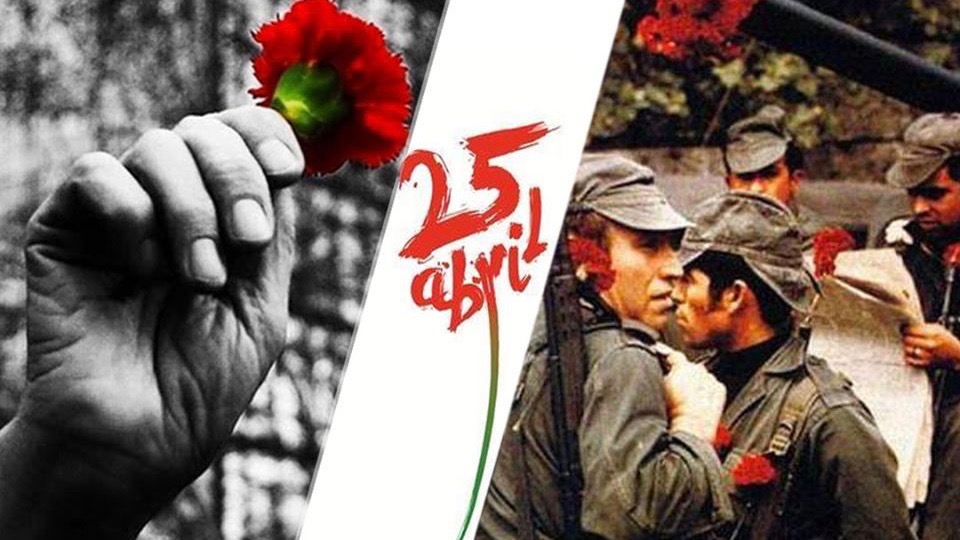 Portugal gears up for anniversary of Carnation Revolution
Portugal gears up for anniversary of Carnation Revolution
Due to the COVID-19 pandemic, this year’s celebration of the anniversary of the Carnation Revolution of 1974 will be held on balconies. The revolution ended the 41-year dictatorship of the Estado Novo junta
 Guinea-Bissau war of independence
Guinea-Bissau war of independence
The war ended when Portugal, after the Carnation Revolution of 1974, granted independence to Guinea-Bissau, followed by Cape Verde a year later.
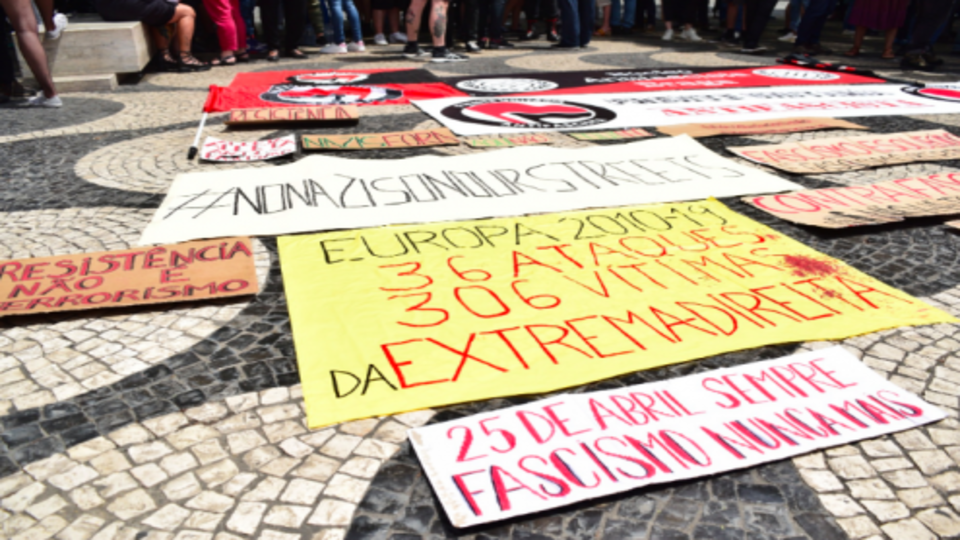 Hundreds march in Lisbon against neo-nazi event
Hundreds march in Lisbon against neo-nazi event
Portuguese communists and the Left Bloc registered a strong protest against a conference of far-right groups, organized by the hyper-nationalist platform called New Social Order.


